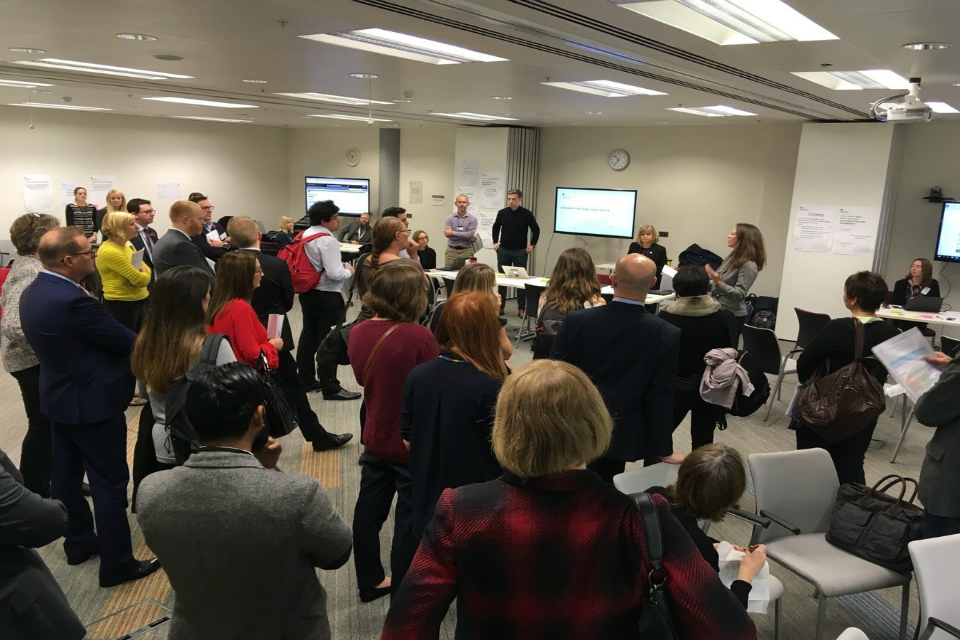Press release: Tax rules for second-homes to be reviewed by ministers
A business rates ‘loophole’ which could be costing English councils millions in lost Council Tax is to be reviewed by ministers with a consultation launched today (7 November 2018).
Currently, second-home owners pay Council Tax on their properties including when the property is available to rent infrequently during the year.
Properties are valued for business rates when owners declare their property is available to let as ‘holiday accommodation’ for 140 days or more in a year.
Any property registered for business rates, rather than Council Tax, is likely to qualify for small business rate relief. This provides 100% relief from business rates, so no tax is due on properties with a rateable value of £12,000 or less.
Around 47,000 holiday lets in England are liable for business rates, of which circa 96% have rateable values of £12,000 or less. Currently there is no requirement for evidence to be produced that a property has actually been commercially let.
Genuine businesses can claim the relief to which they are entitled. However, the government is aware of concerns that owners of second homes which do not fall into this category, could exploit the system by not paying Council Tax, whilst still using local services.
Local Government Minister Rishi Sunak MP said:
We’re aware of concerns that the current arrangements for valuing second homes for business rates and claiming relief do not provide strong enough protections against abuse.
We are seeking views on whether we should strengthen the checks already in place to ensure second-home owners have to pay Council Tax, while ensuring genuine holiday let businesses are able to demonstrate they are eligible for business rates relief.
The consultation will seek views on whether the current criteria should be strengthened to ensure second home owners are contributing to the local economy through the proper payment of council tax, or, for those genuinely renting out their property and supporting tourism, business rates.
View the consultation on this website – it will run until 16 January 2019.
Office address and general enquiries
2 Marsham Street
London
SW1P 4DF
Contact form
http://forms.communiti…
General enquiries: please use this number if you are a member of the public
030 3444 0000
Media enquiries
Email
newsdesk@communities.gov.uk
Please use this number if you are a journalist wishing to speak to Press Office
0303 444 1209
Social media – MHCLG
Twitter – https://twitter.com/mhclg
Flickr – http://www.flickr.com/photos/mhclg
LinkedIn – http://www.linkedin.com/company/mhclg
